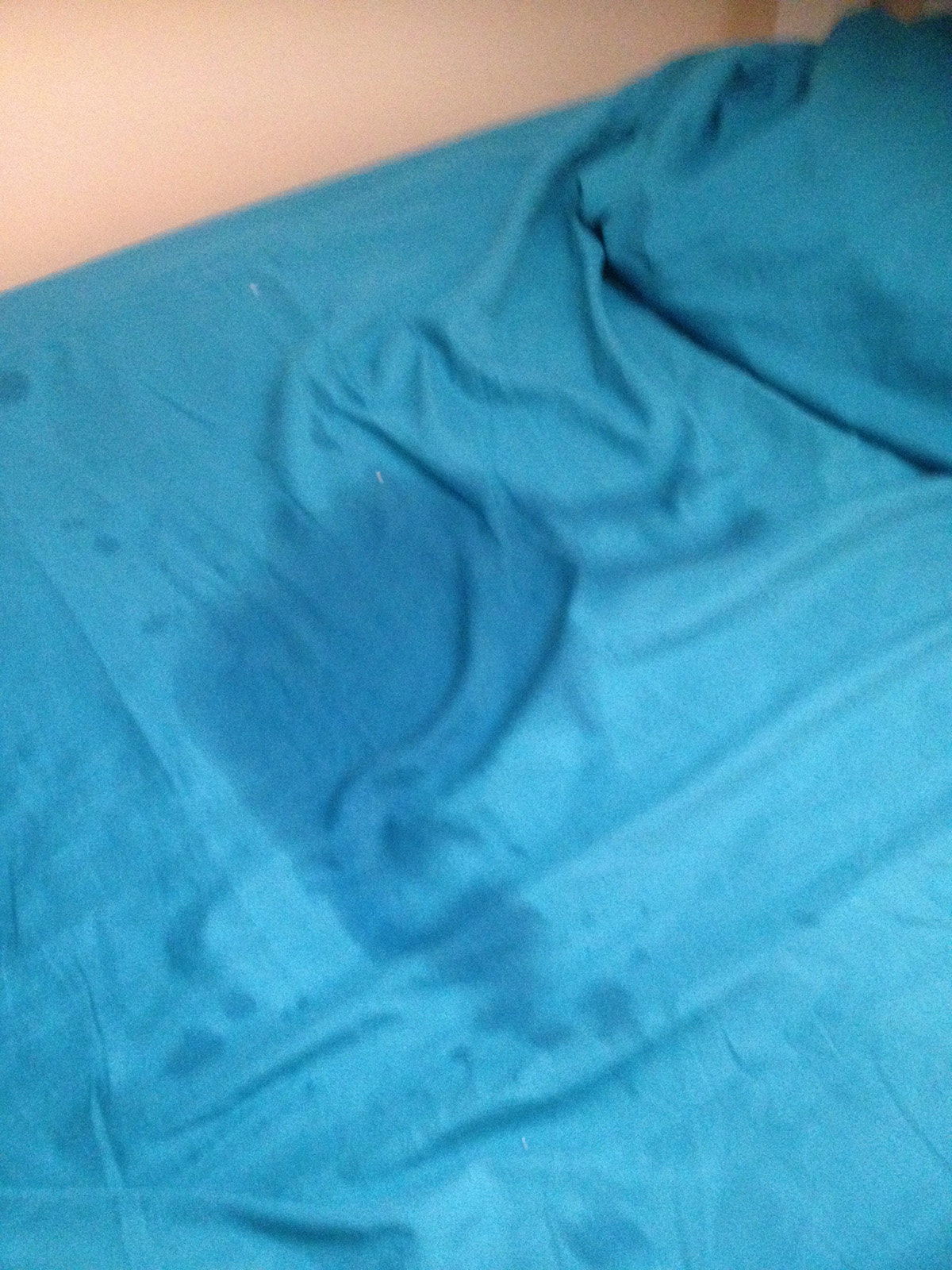
Types of nocturnal enuresis
The first type of nocturnal enuresis is the so-calledpersistent primary nocturnal enuresis. This condition begins manifesting itselfduring early childhood, where the person is unable to prevent bedwetting formore than six months. However, this type of nocturnal enuresis is very rare.
The other type of nocturnal enuresis is adult onsetsecondary enuresis. In this type of bedwetting, the person is able to get ridof it at a certain point in life, but it can potentially return at an olderage.
Causes of nocturnal enuresis
Causes of bedwetting are numerous, originating fromurological disorders to genetic causes.
One of the most frequent causes for bedwetting is ADHhormone deficiency. ADH is the antidiuretic hormone which regulates the amountof urine produced in the kidneys. This hormone sends signals to the kidneys asto when to reduce the urine production. This is particularly done during thenight. People who have a tendency to wet the bed while sleeping haveinsufficient amounts of this hormone in the body and therefore are not able tocontrol their urination while sleeping. Another possibility is that the body is supplied withsufficient antidiuretic hormone, but the kidneys do not respond to it. This iscalled nocturnal polyuria and leads to too much urine being produced whilesleeping. These disorders can sometimes be associated to diabetes and it isadvised to consult a doctor if they show up.
Another possible cause for nocturnal enuresis is a so-calledsmaller bladder. This does not refer to the actual size of the bladder, butsimply to the capacity of the bladder to hold a certain amount of urine whichis considerably smaller than normal. This is because the muscle in the bladdercan never completely relax, therefore its entire ability to function isdiminished. This is called detrusor overcapacity.
Finally, some medications dealing with sleeping disorderscan also cause bedwetting, but it can be a symptom of an underlying conditionsuch as the previously-mentioned diabetes, urinary tract infection or stonesand prostate or bladder cancer, as well. The rarest cases of nocturnalenuresis are provoked by some kind of emotional stress.

















Your thoughts on this
Loading...